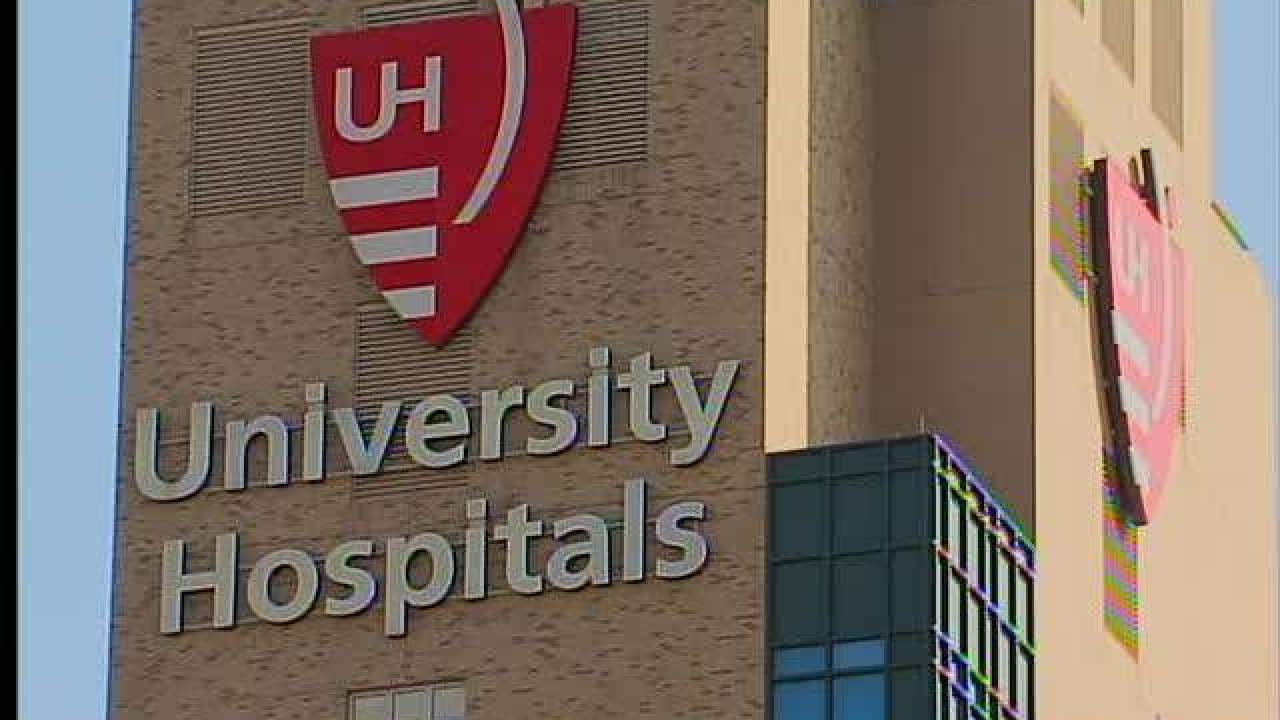CLEVELAND, Ohio — A major effort is underway to diversify the medical field and increase the workforce across Northeast Ohio.
Cleveland area hospital systems are working together to make a difference for the long term. Officials say representation matters, so they signed an agreement to put their efforts in motion.
They’re continuing to take action through a series of programs and working to increase visibility for years to come. The Cleveland Clinic, MetroHealth and University Hospitals officially signed the Impact Workforce Commitment.
The overall goal is to find new opportunities, maximize the hiring process and train and retain the area's diverse talent.
"Through this partnership with the Healthcare Anchor Network, we literally have committed to walk the talk," said Alan Nevel, Senior Vice President Chief Equity and Community Impact Officer for Metro Health System.
"What this initiative did was move it from philosophical discussion to action, to say — how can we take all these best practices and make a change in the communities?" said Adrianne Shadd, Manager of Work Force Development and Outreach at University Hospitals.
News 5 recently highlighted the Cleveland Clinic's ASPIRE Nurse Scholars program, which played an instrumental role in recent grad Ayanna Lewis' life and success in the medical field as a nurse.
RELATED: Cleveland Clinic program works to diversify nursing field, bridge the gap in medicine
The health system is also creating learn-and-earn programs to amplify and support diversity, as well as hosting community health and job fairs year-round.
"Representation really matters, and representation not only matters to patients, but the young people we are working with," said Sol Sanchez, Cleveland Clinic Nursing Professional Development Specialist.
MetroHealth pledged $125,000 to the United Negro College Fund to support scholarships and launch a medical assistant training program to break down barriers to higher education.
In addition, they partnered with the Cleveland Metropolitan School District’s Lincoln-West School of Science & Health.
It's the only high school in the country inside a hospital.
Those students are mentored by MetroHealth staff and exposed to careers in the healthcare field for real-life, hands-on experience.
"It's imperative for us as a health care system to make sure that our workforce reflects our patient demographics. So, we've been very intentional in our commitment," Nevel said.
Over at University Hospitals, The Step Up to UH program recruits those from under-served and underemployed communities.
The system is also offering workforce training and development in-house each day, like at their Employee Enrichment Center.
It's been life-altering for Community Health Worker Lisa Pointer, whose husband passed away from COVID-19 during the peak of the pandemic.
She moved from New Jersey to Cleveland as a widowed mother of two, looking for a second chance when she had nowhere to turn.
She found hope and help at UH.
"To see compassion given to me, it made all the difference. I was like, I have to work here. I have to be a part of this because they were so compassionate to me," Pointer said.
Officials at Case Western Reserve University School of Medicine say the efforts come at a critical time when they're working to bridge the gap and regain medical trust following a challenging three years with retirements, burnout rates and general stresses.
Dr. Monica Yepes-Rios says investing in diversity is paramount.
She says it's helped build a level of understanding and relieve anxiety in and out of exam rooms across the region.
"We have such an opportunity to uplift the community to bring them not only to our training, but then offer them the jobs, the positions that will continue the workforce and serve back the community," said Dr. Monica Yepes-Rios, Case Western Reserve University and Cleveland Clinic Lerner College of Medicine Assistant Dean of Diversity, Equity and Inclusion.
All of the hospital systems say they will chart their progress and review their data each year.
They will then submit the data to the Healthcare Anchor Network to hold themselves accountable and continue to adapt to the evolving field of medicine.







